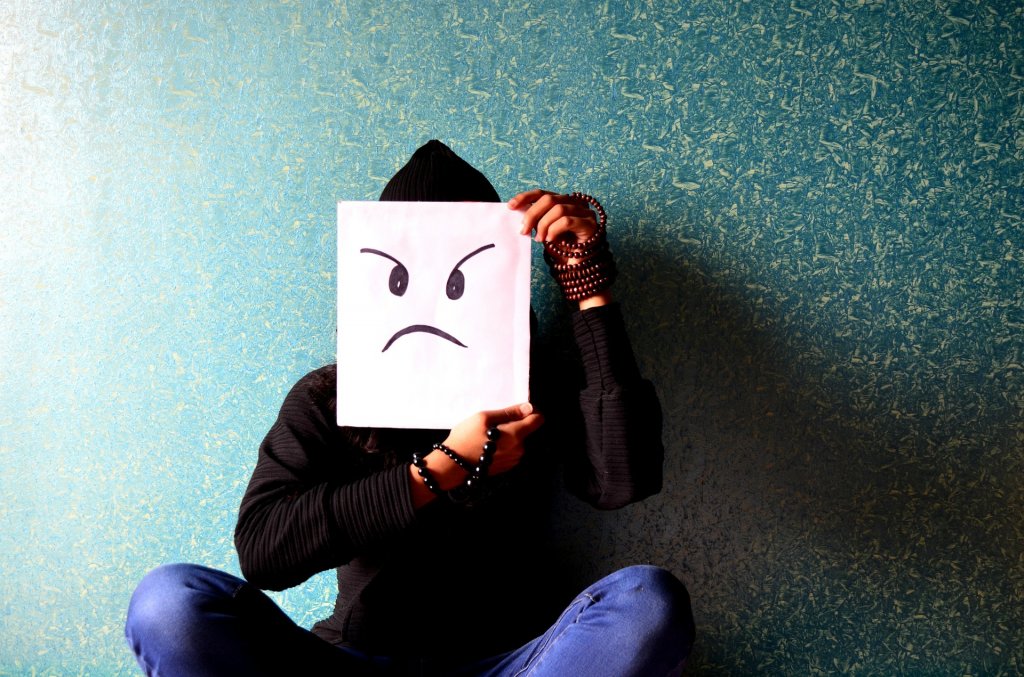Audiology and Acceptance
Peter Stelmacovich, MCl Sc, is a hard of hearing audiologist who works for a Canadian manufacturer. In Peter’s column, The Wired Audiologist, he discusses many of the issues that affect him personally as both a hard of hearing consumer and an audiologist.
I, like most people, complain about things. Some are relatively petty issues such as the weather, annoying people, and bad drivers. Some are more serious issues such as health care or the environment. However, the one that thing I rarely, if ever, complain about is my hearing loss.

This realization only came to light recently when a friend of mine made the following comment. He remarked, “Peter, I have heard you complain about a lot of things, but never about your hearing loss.”
Although flattering, this comment did make me pause and think. How is it possible that something that has had such a profound impact on my life is something that I would be the least stressed about?
Is it that I am proud to be deaf? Certainly this is the viewpoint held by many “cultural Deaf” people who use sign language as their primary mode of communication. While I respect this viewpoint, I do not consider myself to be part of the “Deaf culture.” Moreover, unlike culturally Deaf people, if offered a cure for deafness that would restore the anatomy and function of my cochleae to normal, I would be the first to sign up for the treatment.
Prominent Buddhist ideology states that as human beings, we will all encounter suffering, pain and disappointment, and we must learn to accept that. More specifically, we must accept those things of which we cannot change. Certainly at this stage of medical knowledge, deafness falls into this category as we do not have a complete cure.

However, acceptance does not mean that we should be defeated by the challenges presented in life. We should strive to find happiness within our current predicaments and conditions. Hence, what we have at our disposal is the ability to circumvent our situation by means of altering the manner in which we respond to it. This view is implicated in my conceptual views of hearing loss, as through technological advancements we are provided the means to be freed from our physiological predicament.
As audiologists, we must view all of our interventions and treatments within the broader context of creating conditions that reduce suffering and enhance joy. Sometimes we are going about our interventions completely wrong. We focus on the technology rather than the function it provides. Advertisements about hearing aids being invisible and small inevitably reinforce the notion that hearing loss is shameful, and something that is “to be hidden.”
Allow us to look at a few examples to illustrate this point. As most audiologists know, non-linear frequency compression is a technology that will shift higher frequencies to lower frequencies. Why is this important? So that consonants become more audible. When consonants are audible, speech becomes more intelligible. This means that communication then becomes more effective.
Another example is that of the Roger Pens, the adaptive digital remote microphones, that I carry around with me religiously. Although the device is very cool with extremely intelligent engineering, it is not the design or cosmetics that bring me happiness. It is that with the use of these devices, in conjunction with my cochlear implant, I can now laugh at jokes with my son and wife whilst driving in a noisy car. My wife and I can go out for dinner with another couple and I am communicably liberated as I am able to place these microphones on each individual talker, hereby facilitating a dramatic improvement in my conversational ability.
 I love music and derive great joy from both listening to it and performing in a musical band. Many people with my degree of hearing loss would have simply accepted that music could not be a part of their lives. But again, this is not what acceptance is all about. True, we cannot “cure” the hearing loss with a pill. But we can provide a cochlear implant and a hearing aid to restore audibility. We can choose to play a musical instrument that is easier to hear with a diminished sense of audition. We can use a wireless transmission system such that the music is sent to our respective hearing instruments in a clean manner, and at an appropriate volume level.
I love music and derive great joy from both listening to it and performing in a musical band. Many people with my degree of hearing loss would have simply accepted that music could not be a part of their lives. But again, this is not what acceptance is all about. True, we cannot “cure” the hearing loss with a pill. But we can provide a cochlear implant and a hearing aid to restore audibility. We can choose to play a musical instrument that is easier to hear with a diminished sense of audition. We can use a wireless transmission system such that the music is sent to our respective hearing instruments in a clean manner, and at an appropriate volume level.
Thus I am neither proud nor ashamed of my deafness. I cannot change the fact that the inner and outer hair cells of my cochleae are permanently damaged. This is the state of my existence which I cannot change and must therefore accept. However, one thing that I simply will not ever do, is let my hearing loss stand in the way of me and my goals.

